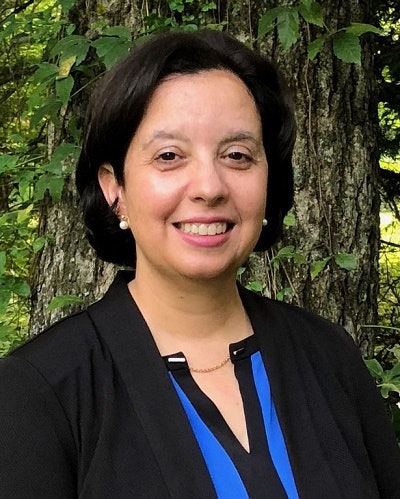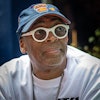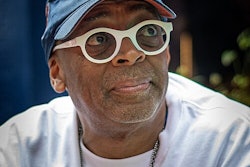The global pandemic has disrupted all of higher education, but perhaps no sector in it more than liberal arts colleges. Our bread-and-butter is close personalized interaction between faculty mentors and students. We provide students with a holistic living-learning environment that COVID-19 and remote learning has abruptly upended.
 Dr. Sonia Cardenas
Dr. Sonia CardenasBut a liberal arts education is about much more than where we teach and learn. It provides students with lifelong skills and a broad base of knowledge. To be sure, these skills and knowledge translate into jobs and earnings over a lifetime. They also produce societal outcomes that we can no longer afford to ignore.
The decisions made across every sector of society in preventing and responding to crises are shaped by what the people making those decisions know, how they think, and what they value. This is the real power of a college education and a liberal-arts one in particular.
We overlook the societal impact of education when we think of higher education only in individualized terms (job outcomes) or equate quality with institutional reputation (college rankings). As important as jobs and rankings are, the global pandemic illustrates that we need to care more about what and how students learn.
Below are 25 ways in which a liberal arts education can shape our quality of life as a society. All of these are learning outcomes linked to a broad-based personalized education that is rooted in the liberal arts and reinforced through real-world experiences. Liberal arts students learn how to grapple with hard, enduring questions mirroring the messiness of life. They learn how to think, not just what to think.
In navigating this new remote world, let’s not lose sight of the kind of society we want and need to be. Let’s make value-based decisions, not fear-based ones, about our educational systems. Our society will need liberal arts graduates now more than ever before. Regardless of their career path, liberal arts graduates will be broadly prepared to make the world better.
- Society needs critically curious thinkers who know how to ask new and tough questions.
- Society needs people with the capacity and patience to become experts.
- Society needs people who are able to think freely and creatively across boundaries.
- Society needs people who are practiced in working with others to overcome challenges.
- Society needs people who communicate clearly because they think clearly.
- Society needs people who know how to build community and engage civically.
- Society needs people who are passionate about designing beauty in the world.
- Society needs people who can empathize despite disagreement, then speak honestly.
- Society needs people who are thinkers and doers determined to make things better.
- Society needs people who care about truth and justice and can influence change.
- Society needs people who understand complexity and see interconnectedness.
- Society needs people who are self-aware and humble enough to change their mind.
- Society needs people who are globally minded, embracing both cultural differences and environmental responsibility.
- Society needs people who think broadly and deeply in ways that inspire hope in others.
- Society needs people who understand history and context and can offer perspective.
- Society needs people who are resilient and unafraid to experiment, again and again.
- Society needs people who listen deeply, with open minds and open hearts.
- Society needs people who care for others and people who care for the caretakers.
- Society needs people who lead and think ethically, holding themselves accountable.
- Society needs people willing to express human emotion and experience through art.
- Society needs people who find personal meaning in literature and learning.
- Society needs people who drive technology to create experiences of value.
- Society needs people who are comfortable with ambiguity but impatient with despair.
- Society needs people who are passionate about ideas balanced against evidence.
- Society needs flexible, adaptive thinkers able to re-imagine themselves and the world.
Dr. Sonia Cardenas is acting dean of the faculty and vice president for academic affairs, and professor of political science at Trinity College in Hartford, CT.


















